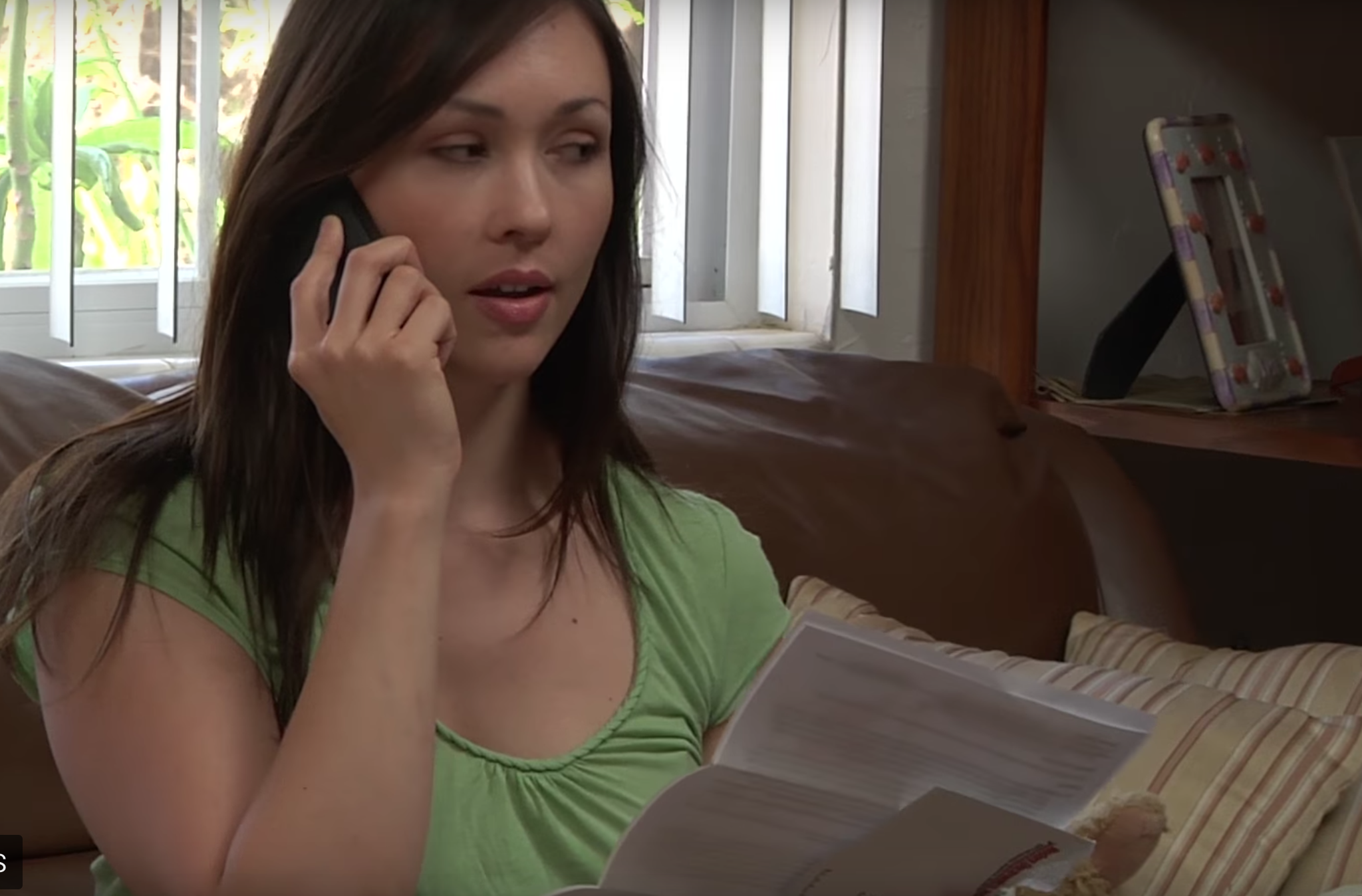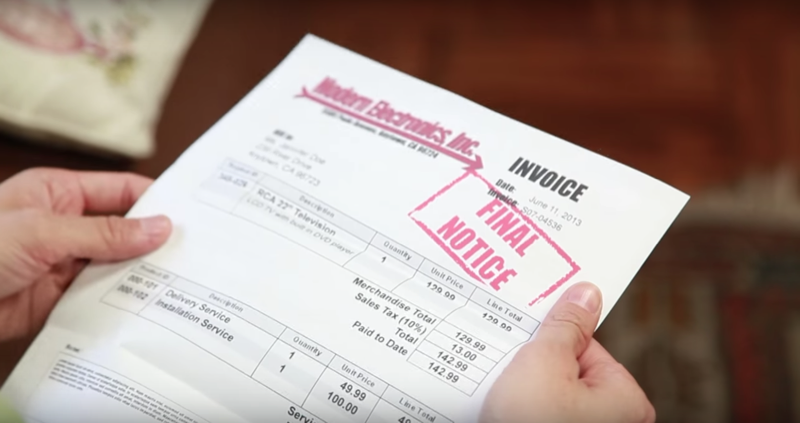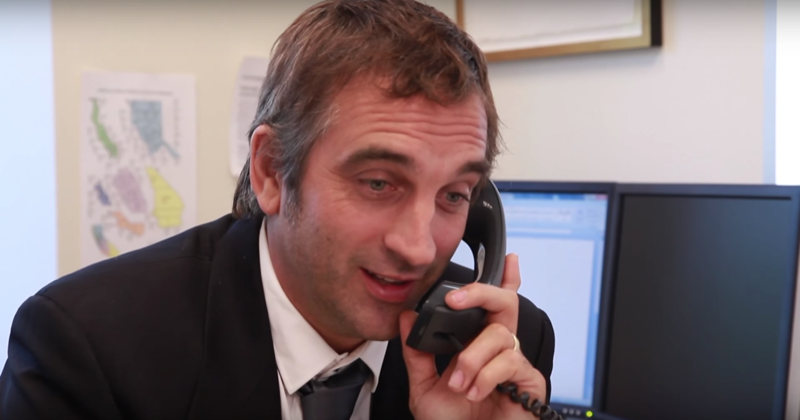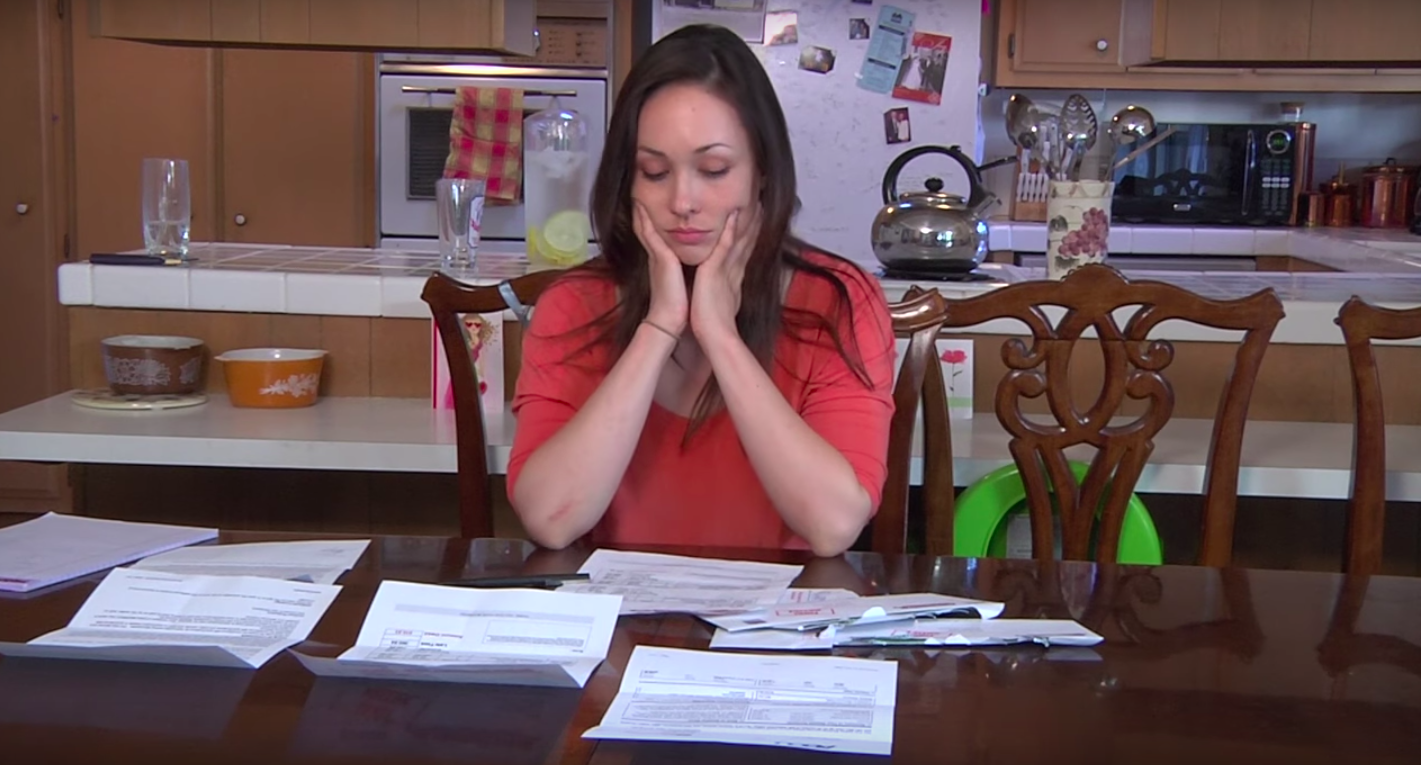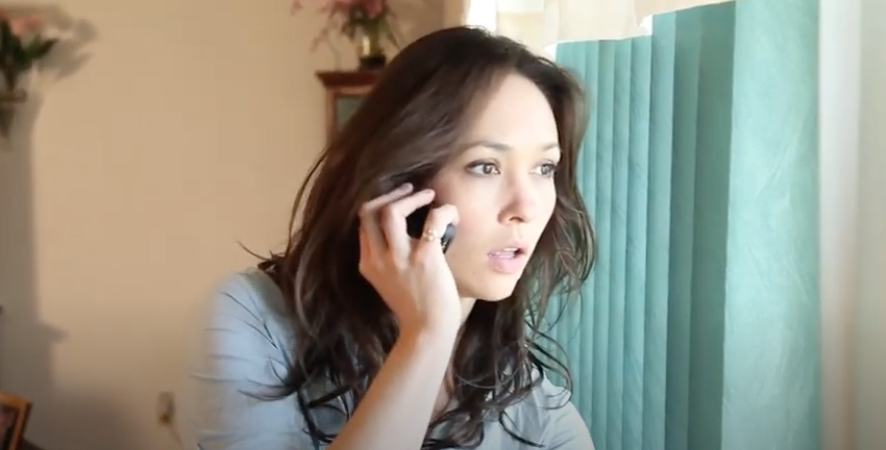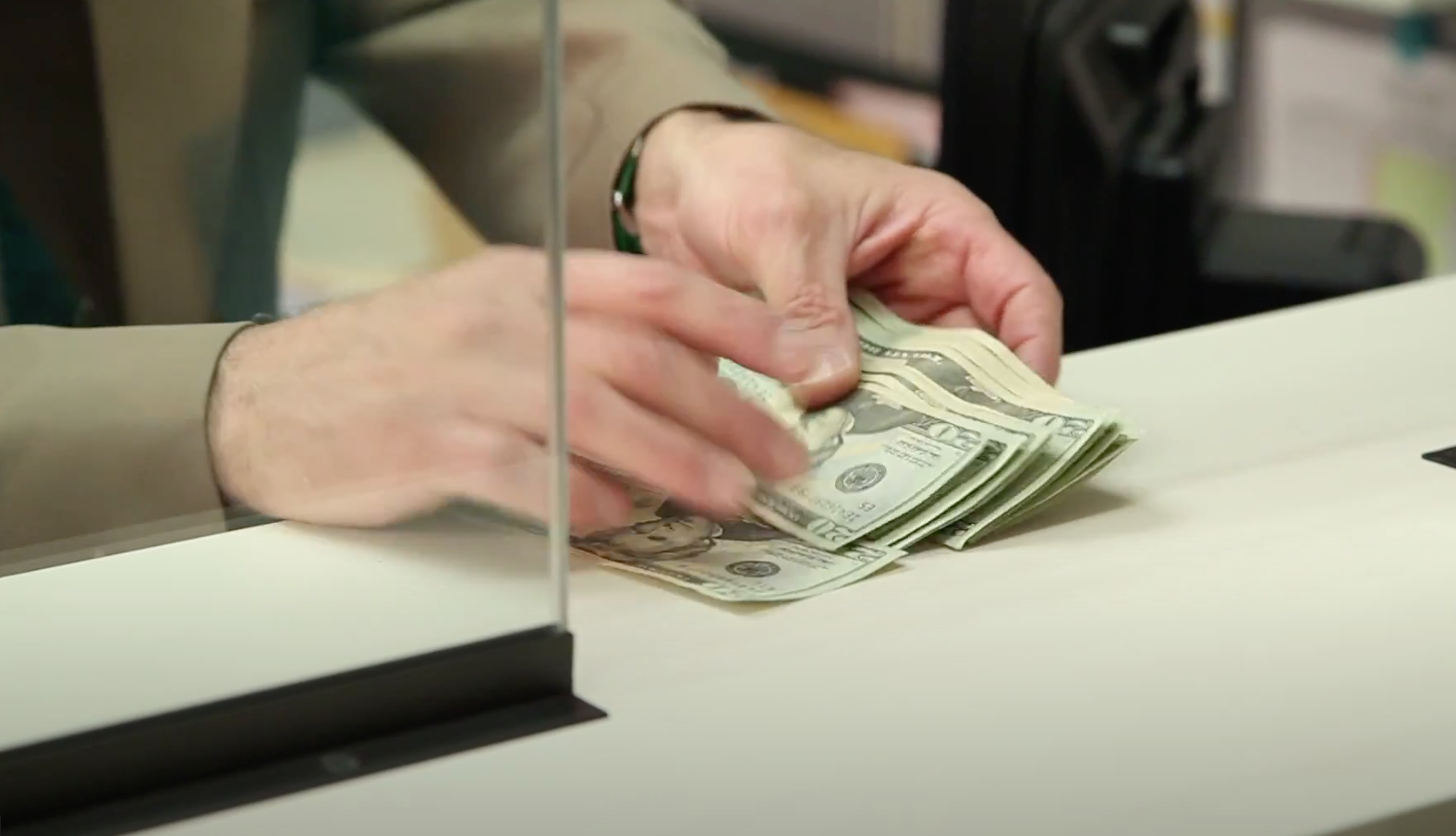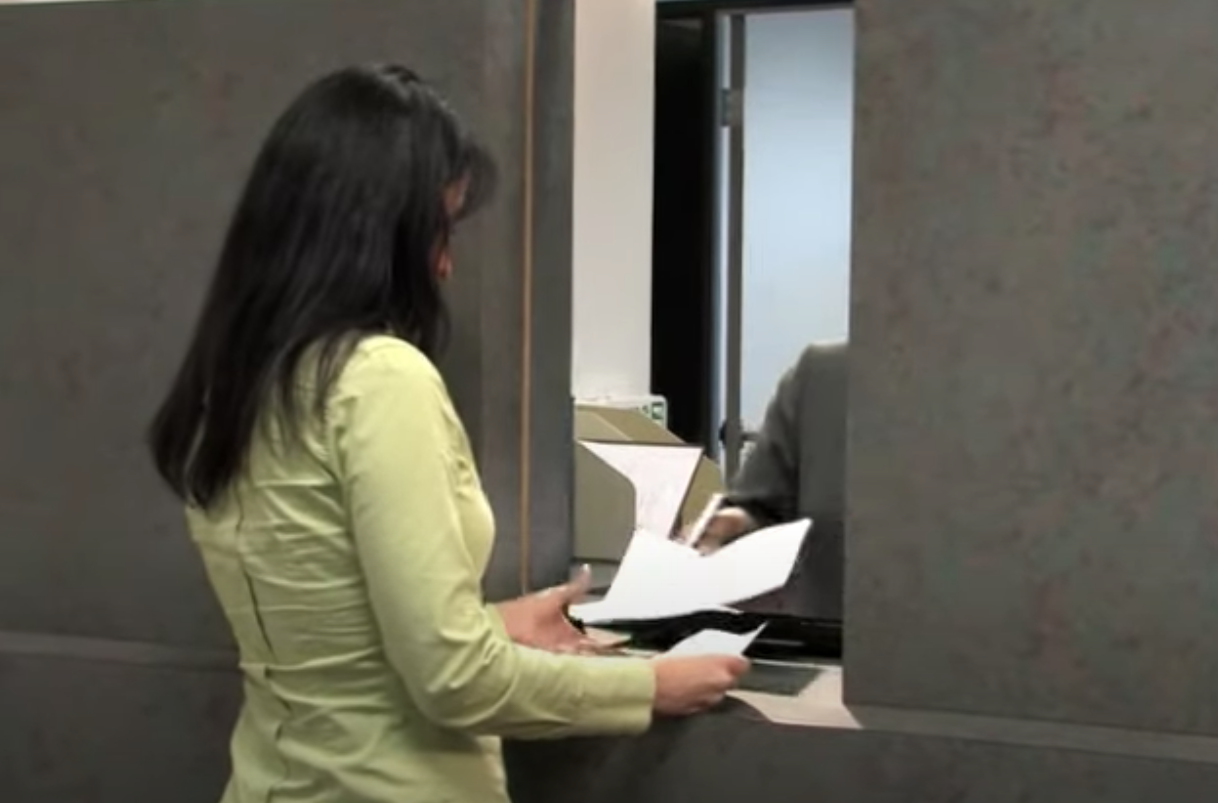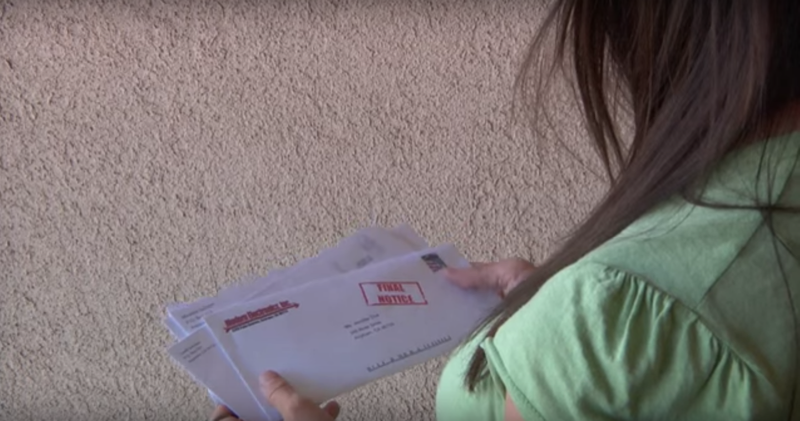Repossession, Debt, and Default guide
A free legal aid guide for VirginiansUse this repossession guide to protect your property.
Have you borrowed money to buy property (like a car)? Is the lender trying to repossess your property?
The creditor can’t repossess unless you are at least 10 days in default under the contract. If you are not more than 10 days late on your payment, you can prevent repossession by paying the money you owe and any late fees.
Use this guide to understand what to expect, what your rights are, and how to protect yourself and your money.
If You Need More Help
Contact your local Virginia legal aid group by calling 1-866-534-5243.
You can also look up your local legal aid group online.
Lawyers can help you understand your options and next steps for your specific situation. Legal aid lawyers provide free help to people who qualify.
Step-by-Step Guide
Follow the legal process to deal with your property being repossessed in Virginia.
More Resources
Get more help if you are dealing with property repossession in Virginia.
Frequently Asked Questions
Find answers to common questions people have about their property being repossessed.
Steps to Deal with Debt & Repossession
For people in VirginiaStep 1:
You Borrow Money to Buy Something
____
When you borrow money to buy personal property (like a car), the lender usually takes a security interest in the property you buy.
The lender can also be called your 'creditor'.
The secured property is called 'collateral'.
Step 2:
You Don't Make Full Payments
____
If you don’t pay your full payment on time, then the repossession process may begin. The creditor may begin to plan how to repossess (or take back) that property.
It's called 'default' when you don't make your payments on time. The exact terms of what 'default' means will be in your written security agreement.
Step 3:
Creditor Must Wait to Repossess
____
The creditor can’t repossess the collateral property unless you are at least 10 days in default under the contract.
If you are not more than 10 days late on your payment, you can prevent repossession by paying the money you owe and any late fees. This can stop the repossession from happening.
Step 4:
Try to Resolve the Situation before Repossession
____
You can try to keep your property from the creditor by either making payments, or working out a deal with the creditor. You can look at your contract to see if you can pay the money you owe, plus late fees, to stop the repossession.
Or you may try to work out a new agreement plan with the creditor to keep your property.
Optional:
Deal with Acceleration if your Creditor Tries It
____
If you have defaulted on your payments, a creditor may try to accelerate your loan.
Acceleration means requiring you to pay all money you owe all at once. Some creditors may try to accelerate. Others may not.
You can stop acceleration by making up missed payments and late fees before 10 days pass after the due date.
Step 5:
Deal with the Repossession and Protect Your Rights
____
If you are not able to prevent the repossession by making payments or working out another agreement, then you should prepare for the creditor to take the property back.
While the repossession is happening, you should know your rights. Protect yourself and your property, and also be aware of the creditor's rights.
- A creditor may repossess the collateral property any hour of the day or night, without prior notice.
- A creditor may come onto your property to repossess, but may not commit a breach of peace.
- Know Your Right to Object: If you object to a repossession in any manner, the creditor must leave. If the creditor does not leave after you’ve asked them to, they are trespassing. You may call law enforcement for help.
- If you object to a repossession, the creditor can’t repossess without first getting a Virginia court order and having a Virginia law officer enforce it.
- Know Your Right to Sue for a Breach of Peace: If the creditor breaches the peace in repossessing your property, you may sue the creditor for damages or to stop the creditor from selling the property.
Step 6:
Redeem the Property after Repossession
____
Once the creditor takes back the property, you can still try to get the property back.
You have the right to redeem (get back) the property before the creditor sells it.
You can do that by paying the full amount due and reasonable costs of the repossession, including towing and storage.
Step 7:
Creditor Notifies You about Property Sale
____
The creditor may want to sell the property they repossessed from you.
For them to sell it, they first need to send you a written notice about their intent to sell.
The notice must include the following things:
- The date, time, and place of sale if it’s going to be a public sale;
- If it’s to be a private sale, the date after which it will be sold;
- A description of the collateral that will be sold;
- That you will have to pay the balance still owing if the sale does not bring enough to cover the amount due; and
- That you will be entitled to get the surplus back if it sells for more than the amount you still owe.
After the sale, the creditor will figure out if the sale price covers all the money you owe on the debt. If the money from the sale doesn’t cover your debt, you may owe the difference (a deficiency). Your creditor may file a lawsuit to get a deficiency judgment.
How can a creditor take away your property?
What are the steps you can take to protect yourself from repossession?
Step 1: You Borrow Money to Buy Something
When you borrow money to buy personal property (like a car), the lender usually takes a security interest in the property you buy. The secured property is called collateral.
Step 2: You Don't Make Full Payments
If you don’t pay your full payment on time, then the repossession process may begin. The creditor may begin to plan how to repossess (or take back) that property.
It's called 'default' when you don't make your payments on time. The exact terms of what 'default' means will be in your written security agreement.
Step 3: Creditor must wait to Repossess
The creditor can’t repossess the property unless you are at least 10 days in default under the contract.
If you are not more than 10 days late on your payment, you can prevent repossession by paying the money you owe and any late fees.
Step 4: Try to resolve the situation before repossession
You can try to keep your property from the creditor by either making payments, or working out a deal with the creditor. You can look at your contract to see if you can pay the money you owe, plus late fees, to stop the repossession.
Or you may try to work out a new agreement plan with the creditor to keep your property.
Note:: Deal with 'acceleration' if your creditor tries this
If you have defaulted on your payments, a creditor may try to accelerate your loan. This means requiring you to pay all money you owe all at once. You can stop this by making up missed payments and late fees before 10 days pass.
Step 5: Deal with the Repossession and Know Your Rights
If you are not able to prevent the repossession by making payments or working out another agreement, then you should prepare for the creditor to take the property back.
A creditor may repossess any hour of the day or night, without prior notice. A creditor may come onto your property to repossess, but may not commit a breach of peace.
Know Your Right to Object: If you object to a repossession in any manner, the creditor must leave. If the creditor does not leave after you’ve asked them to, they are trespassing. You may call law enforcement for help.
If you object to a repossession, the creditor can’t repossess without first getting a Virginia court order and having a Virginia law officer enforce it.
Know Your Right to Sue for a Breach of Peace: If the creditor breaches the peace in repossessing your property, you may sue the creditor for damages or to stop the creditor from selling the property.
Step 6: Redeem after repossession
Once the creditor takes back the property, you can still try to get it back. You have the right to redeem (get back) the property before the creditor sells it.
You can do that by paying the full amount due and reasonable costs of the repossession, including towing and storage.
Step 7: Creditor notifies you about sale of property
The creditor may want to sell the property they repossessed from you.
For them to sell it, they first need to send you a written notice about their intent to sell.
The notice must include the following things:
- The date, time, and place of sale if it’s going to be a public sale;
- If it’s to be a private sale, the date after which it will be sold;
- A description of the collateral that will be sold;
- That you will have to pay the balance still owing if the sale does not bring enough to cover the amount due; and
- That you will be entitled to get the surplus back if it sells for more than the amount you still owe.
After the sale, the creditor will figure out if the sale price covers all the money you owe on the debt. If the money from the sale doesn’t cover your debt, you may owe the difference (a deficiency). Your creditor may file a lawsuit to get a deficiency judgment.
Frequently Asked Questions on Property Repossession in Virginia
What is 'Default'?
Default usually means that you have missed one of your required payments to your creditor.
If you are in default, then the creditor can start the 10-day waiting period to repossess your property.
The definition of “default” needs to be set out in the written security agreement. You should check this document to figure out exactly what "default" means for this creditor.
The most common kind of default is missing payments or being a certain number of days late with your payment. But default may also include such things as failure to maintain insurance on the collateral (this is typically included in vehicle purchases), moving the collateral without the permission of the creditor, selling it, or hiding it from the creditor.
Check your contract.
What is 'Acceleration'?
If you default on your payments, your creditor may try to 'accelerate' your debt. That means all the money you owe them will be due all at once.
The contract may allow the creditor to give you notice of acceleration if you are more than 10 days in default.
If the creditor properly accelerates the loan, you no longer have the right to make payments over time.
You can prevent acceleration by catching up on missed payments and any late fees, or otherwise correcting the default, within 10 days of the due date.
Can a creditor repossess if I catch up all my missed payments?
A creditor may still be able to repossess, even if you've caught up on your missed payments.
It depends on whether the creditor has accelerated the loan. If the creditor has accelerated the loan then he can repossess even if you pay all the late payments and any late fees.
You can avoid repossession by paying the entire loan balance if the creditor has already given you notice of acceleration.
Another option that might allow you to keep your property is to file for bankruptcy.
Filing a bankruptcy is a serious step, and it may not be a good idea to do it just to keep one certain piece of property, such as a car or furniture.
You need to look at the big picture of your financial situation -- all your debts, your property, your income, your ability to make payments for all your other needs, etc.
Consult an attorney who is experienced in bankruptcy practice.
Should I voluntarily give the property back to to the creditor if I'm unable to make payments?
It is usually not a good idea to give the property back voluntarily.
If you do want to return it, make sure to get a written and signed agreement from the creditor.
The creditor should sign a well-worded written agreement that:
- they are taking the property back as full settlement of your debt, and
- that they will not come after you for any more money or fees.
What rights do I have when I'm facing repossession?
Even while a creditor has rights to take back property when you default on the loan, you also have very important rights.
10-Day Repayment period: After you default, you have the right to make payments during the 10-day period in order to stop the repossession.
Right to Object during a repossession: When the creditor is trying to repossess the property, you have the right to object. If you object to a repossession in any manner, the creditor must leave. If the creditor does not leave after you’ve asked them to, they are trespassing. You may call law enforcement for help. If you object to a repossession, the creditor can’t repossess without first getting a Virginia court order and having a Virginia law officer enforce it.
Right to Sue the Creditor for Breaching the Peace: If the creditor breaches the peace while they are repossessing the property, then you can sue them in court to get money damages. You can also sue them to stop them from selling the property.
Right to Redeem before the sale: You have the right to redeem (get back) your property after it’s been repossessed, but before it is sold. You can do that by paying the full amount due and reasonable costs of the repossession, including towing and storage.
Right to Notice before the sale: The creditor cannot sell the property without giving you proper notice about the sale. The notice is only valid if it has all the required details. If it doesn't then you may be able to challenge the creditor about the sale.
What is a deficiency judgment?
The creditor may try to sue you if the sale didn't make sufficient money to cover what you owe.
If the money from the sale doesn’t cover your debt, you may owe the difference (a deficiency).
Your creditor may file a lawsuit to get a deficiency judgment.
Get More Help
with your legal situation
Find a Private Lawyer: To connect with a private lawyer, call Virginia Lawyer Referral Service at 1-800-552-7977 or go to their website at https://vlrs.community.lawyer/. Some lawyers charge $35.00 for an initial interview.
Contact Legal Aid: You can call the Virginia Legal Aid Hotline 1-866-LEGLAID (1-866-534-5243). This will help you find your local free legal aid group.
If you are in Northern Virginia, seek help from the legal aid group Legal Services of Northern Virginia, visit https://www.lsnv.org or call (703) 778-6800.
If you are not in Northern Virginia, or need to find other groups, you can find a list of Virginia legal aid and help groups here, for more legal and financial assistance.
The information on this page is not legal advice.
Legal advice is dependent upon the specific circumstances of a person's situation. The information on this page cannot replace the advice of competent, local legal counsel.
Before taking action based on the information on this site, first check for up-to-date information with your local court system, and seek the advice of licensed local attorneys in Virginia (or your state).
This platform is not a substitute for qualified legal advice.
Please contact a lawyer in Virginia to help you with your specific situation. You can find a private lawyer by calling 1-800-552-7977 or find a local legal aid group by calling 1-866-LEGLAID (1-866-534-5243).
Money legal problem guides
Do you have issues with debt, wage garnishment, repossession, bankruptcy, or other financial problems? Explore these free Virginia legal help guides.

Collecting Wages
Do you need to get a paycheck or wages that you're owed? Use this guide to find options about how to get payment that an employer hasn't given you.
Getting Sued for Money
Are you getting sued by a person or a business for money? Use this guide to money lawsuits in Virginia.
Wage Garnishment
Are you losing part of your paycheck to wage garnishment?
Use this guide to understand what is happening and what you can do next.
Car Accident Lawsuit
What can you do if a person sues you for a car accident? Use this guide to understand your options about insurance, the lawsuit, injuries, and other problems.
